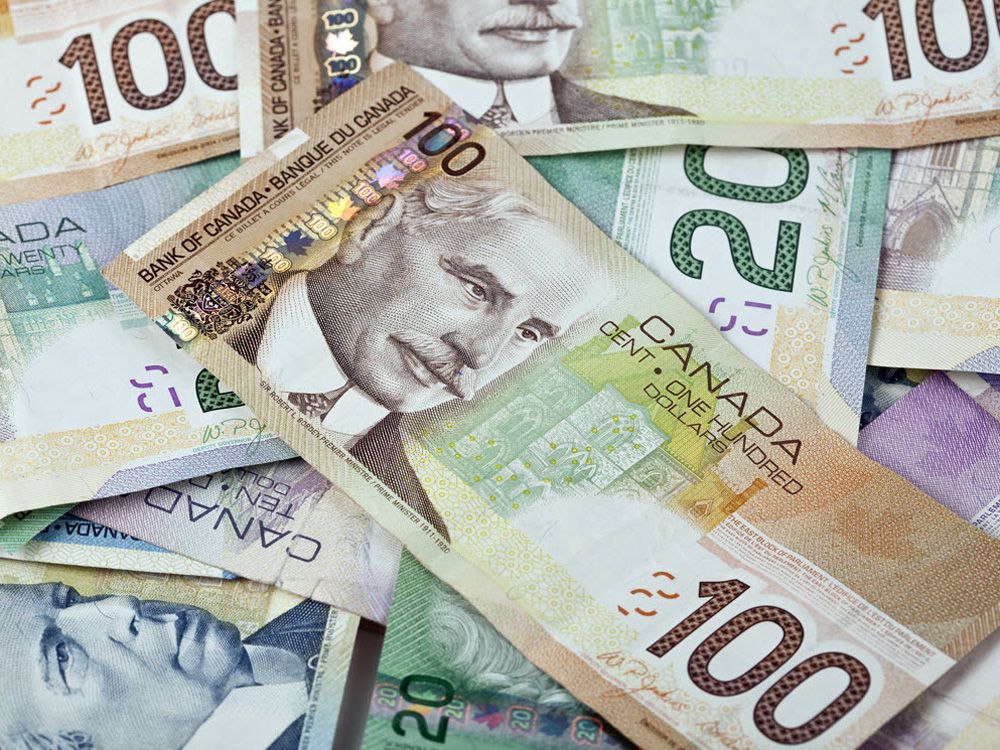Coins and banknotes may soon be a thing of the past as more Canadians choose to go cashless in favour of contactless payment options like
credit cards and mobile wallets — a trend accelerated by the COVID-19 pandemic.
Thankfully, Canada supports the technology and infrastructure to allow people across the country to adapt. As a result, a recent
money.co.uk study recognized Canada for having the most cashless economy in the world as of May 2021.
The report ranked each country using a score based on contactless payment limits, the number of major e-wallet operators available, the number of automated teller machines (ATMs) per 100,000 adults, and the percentage of those aged 15-plus with debit and/or credit cards.
Canada topped the chart with a score of 79.1 out of 100, which may come as a surprise to some. However, an estimated 83% of the population own a credit card in Canada — the highest usage in the world. Not only that, but Canadian cardholders can also access the highest contactless payment limit at C$250, more than any other country.
The world’s leading cashless countries
| Country | Score out of 100 |
|---|
| 1. Canada | 79.1 |
| 2. Hong Kong | 76.8 |
| 3. Singapore | 76.2 |
| 4. New Zealand | 75.0 |
| 5. Japan | 74.1 |
| 6. Australia | 72.3 |
| 7. Norway | 72.2 |
| 8. United Arab Emirates | 72.1 |
| 9. Switzerland | 70.9 |
| 10. Finland | 70.0 |
The pros and cons of going cash-free
While electronic payments can have advantages like reducing fraud and money laundering, digital transactions also have downsides. money.co.uk lists potential pros and cons to ditching the banknote.
Pros:
- Digital records can reduce fraud and criminal activities.
- Contactless payments are convenient for everyday purchases and travelling abroad.
- Forgoing cash can save time and resources, reducing transportation, handling procedures and storage of money.
Cons:
- Vulnerable people and those unfamiliar with technology may be without payment options.
- Glitches and outages can cause issues when people are too reliant on technology.
- Cyberattacks pose a threat in the electronic world; no one is safe from fraud online.
- Cashless payments have an ease of use that can lead to overspending and mismanagement of finances.
With the invention of cryptocurrency, non-fungible tokens (NFTs) and other digital assets, there is no telling where electronic payments will lead. As of now, cashless societies seem like the way forward, but only time will tell how and when countries will meet this historic milestone.
Canada is leading the race to be the first completely cashless society, followed closely by Hong Kong and Singapore.

rates.ca









 vaping/spitting/chewing cums/urinating in pulic, etc.. as they have "Caning" law.
vaping/spitting/chewing cums/urinating in pulic, etc.. as they have "Caning" law. 